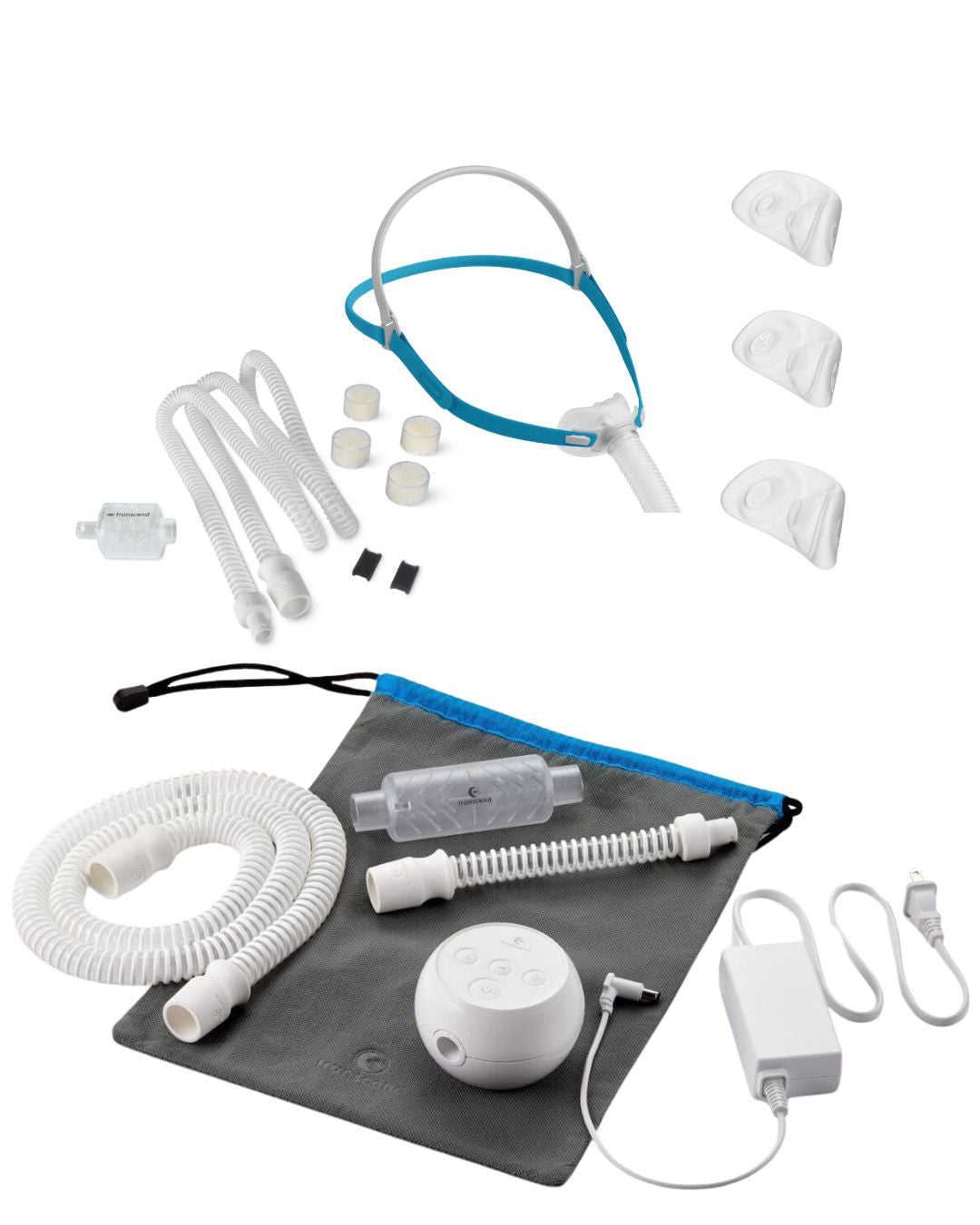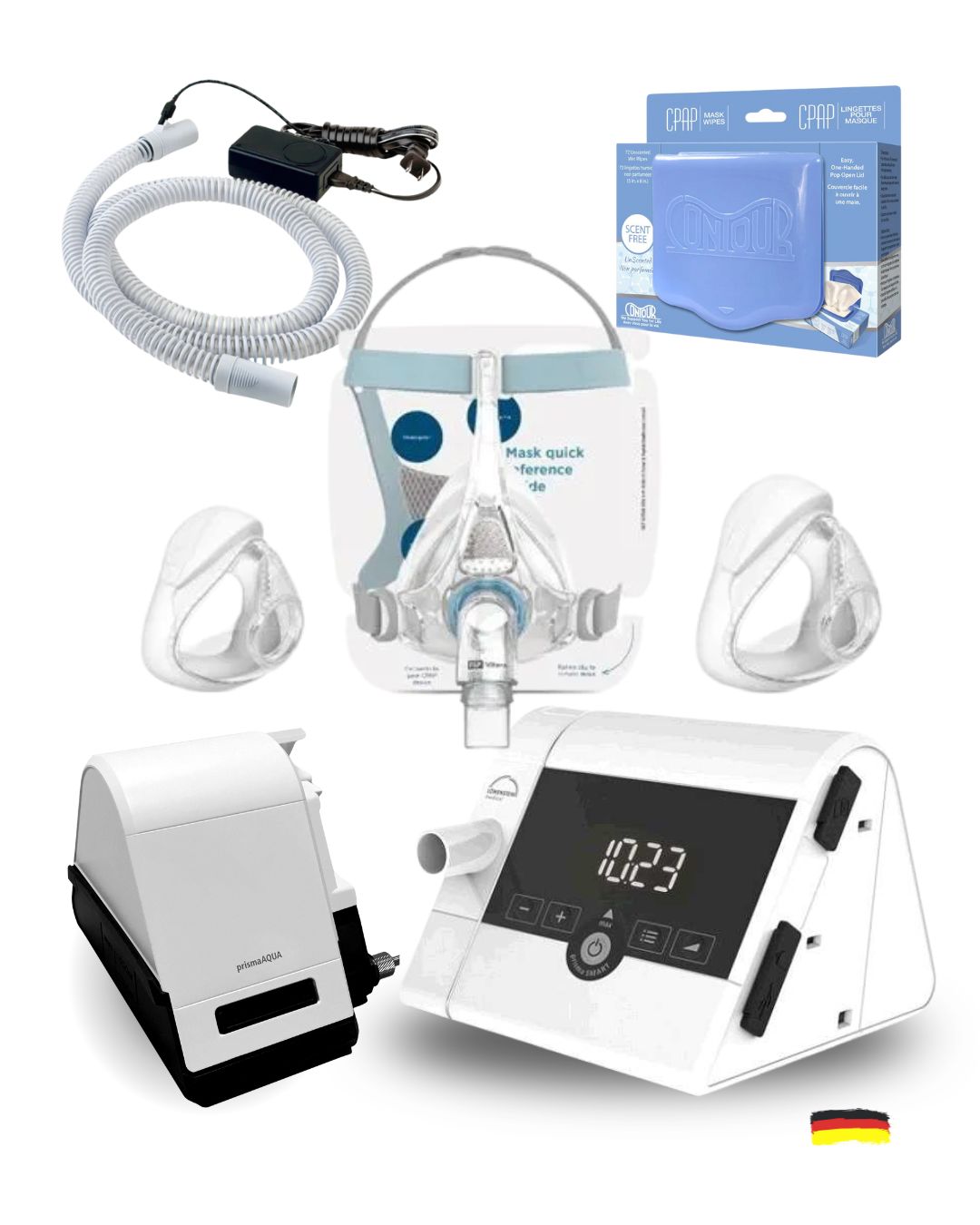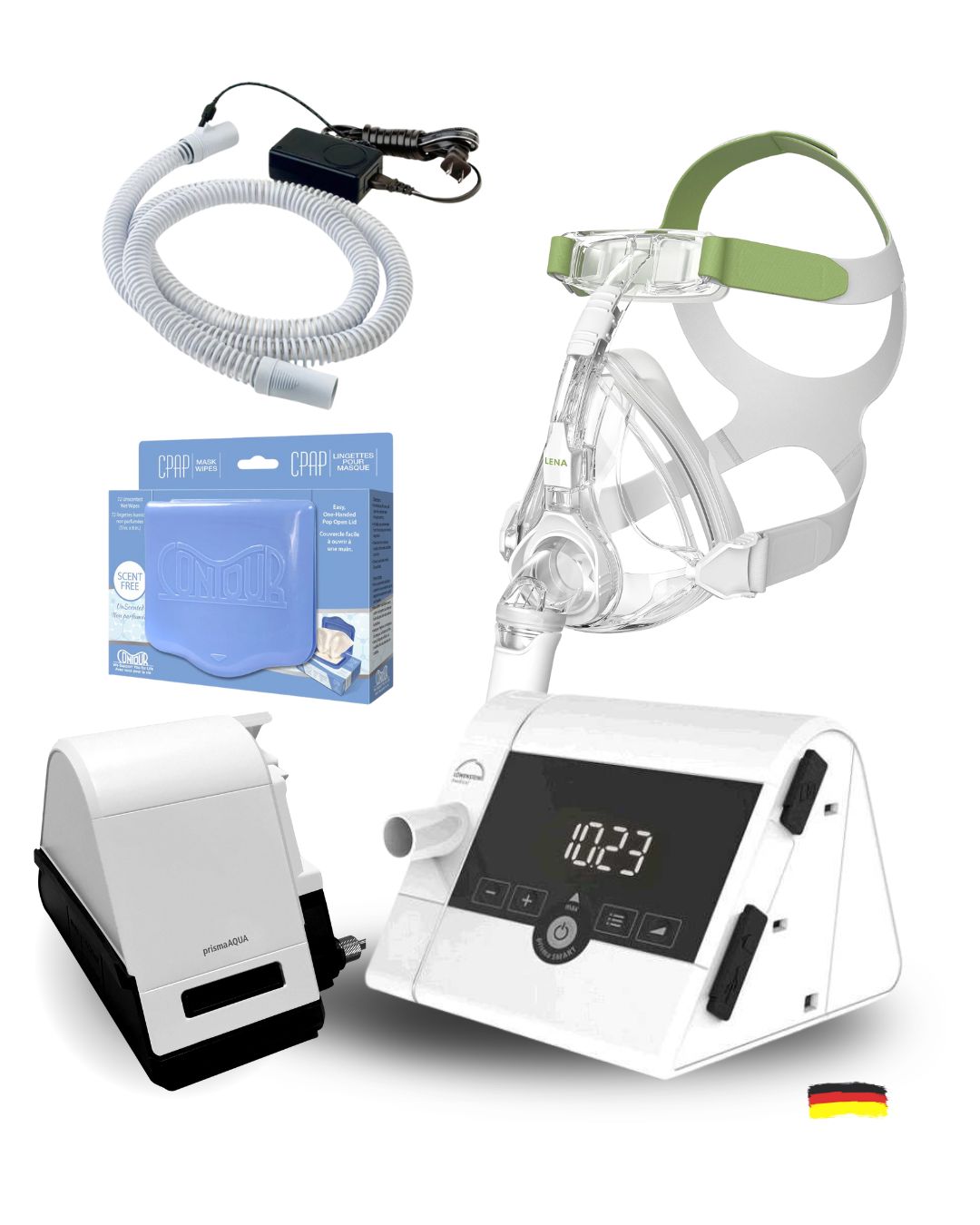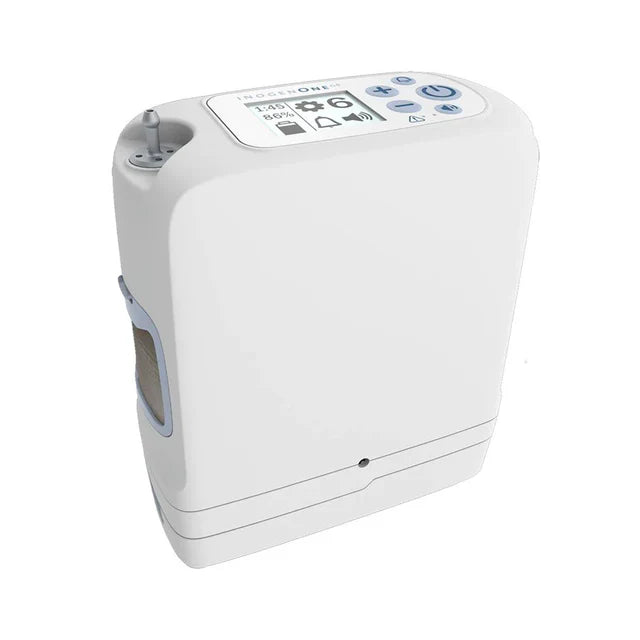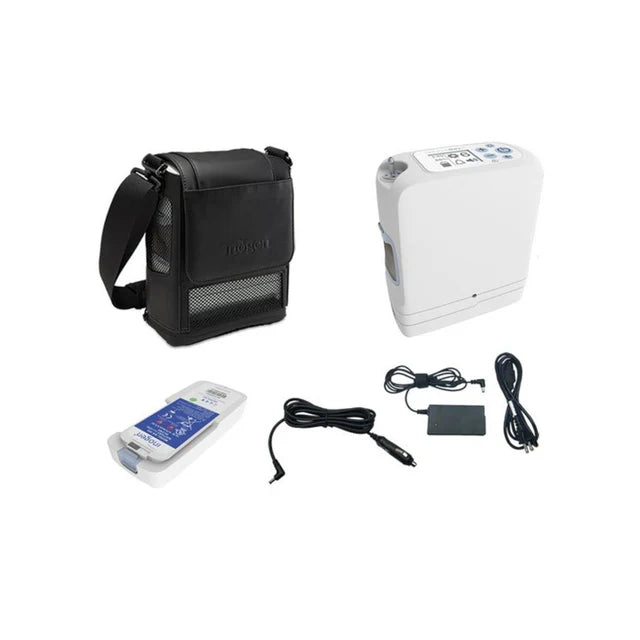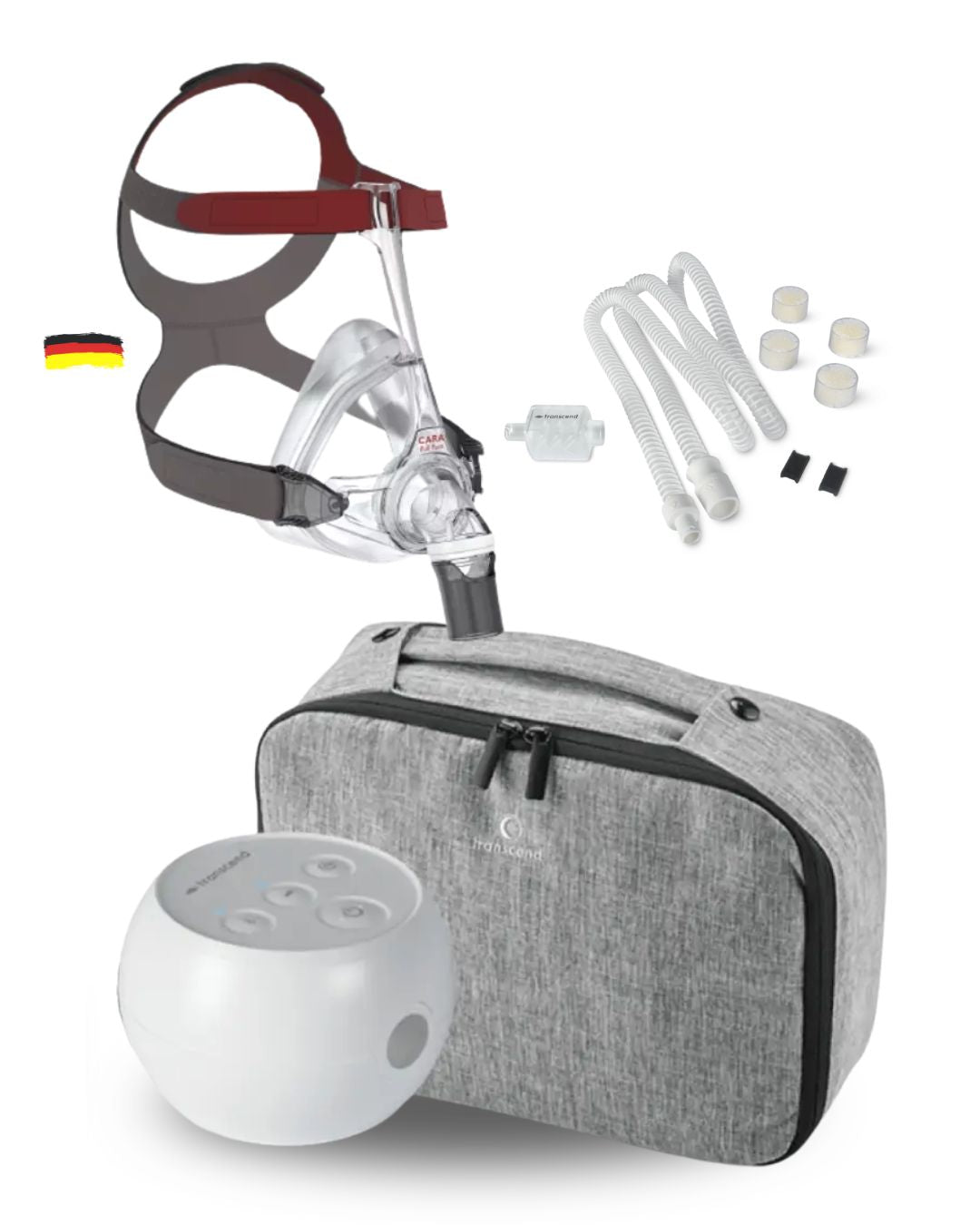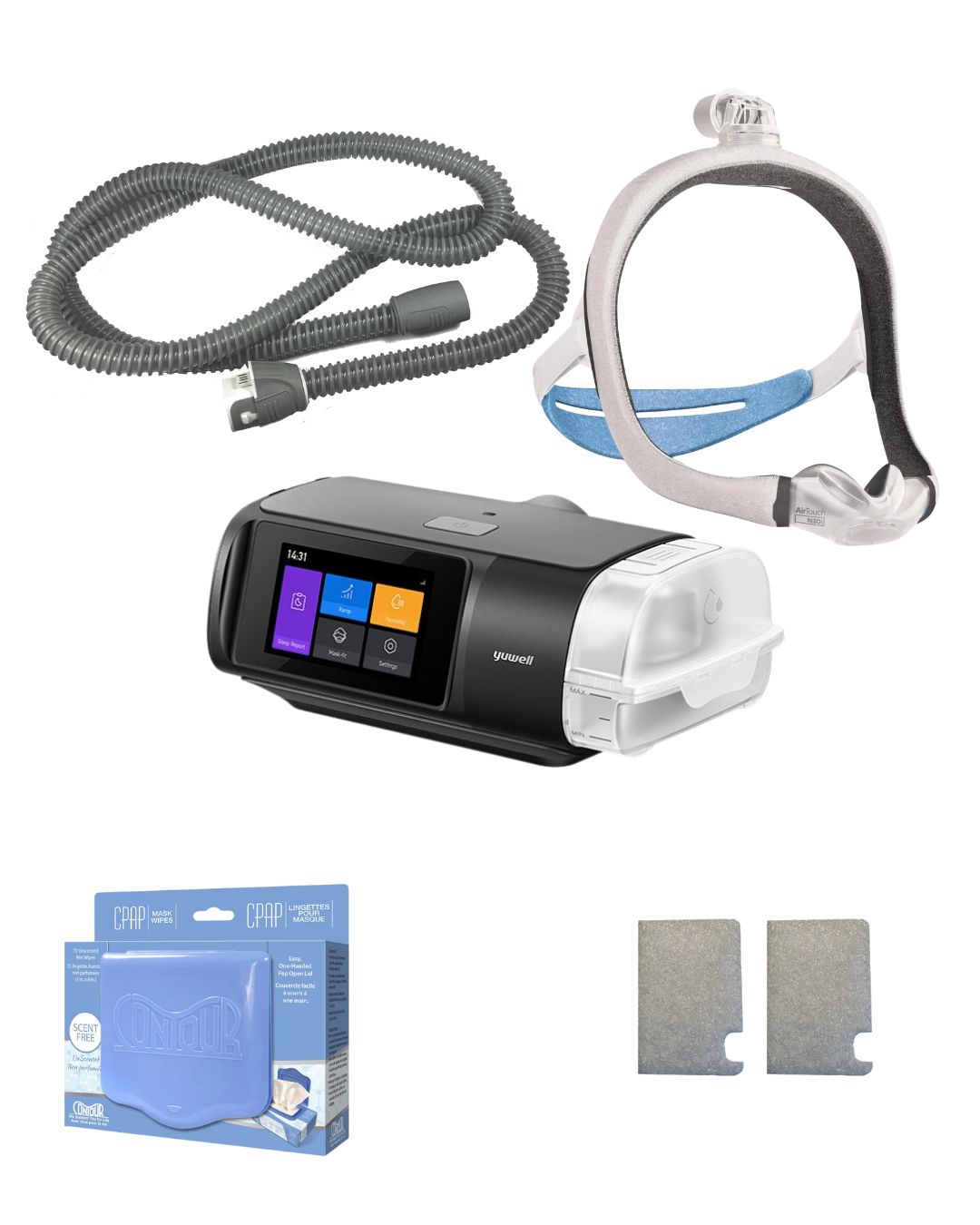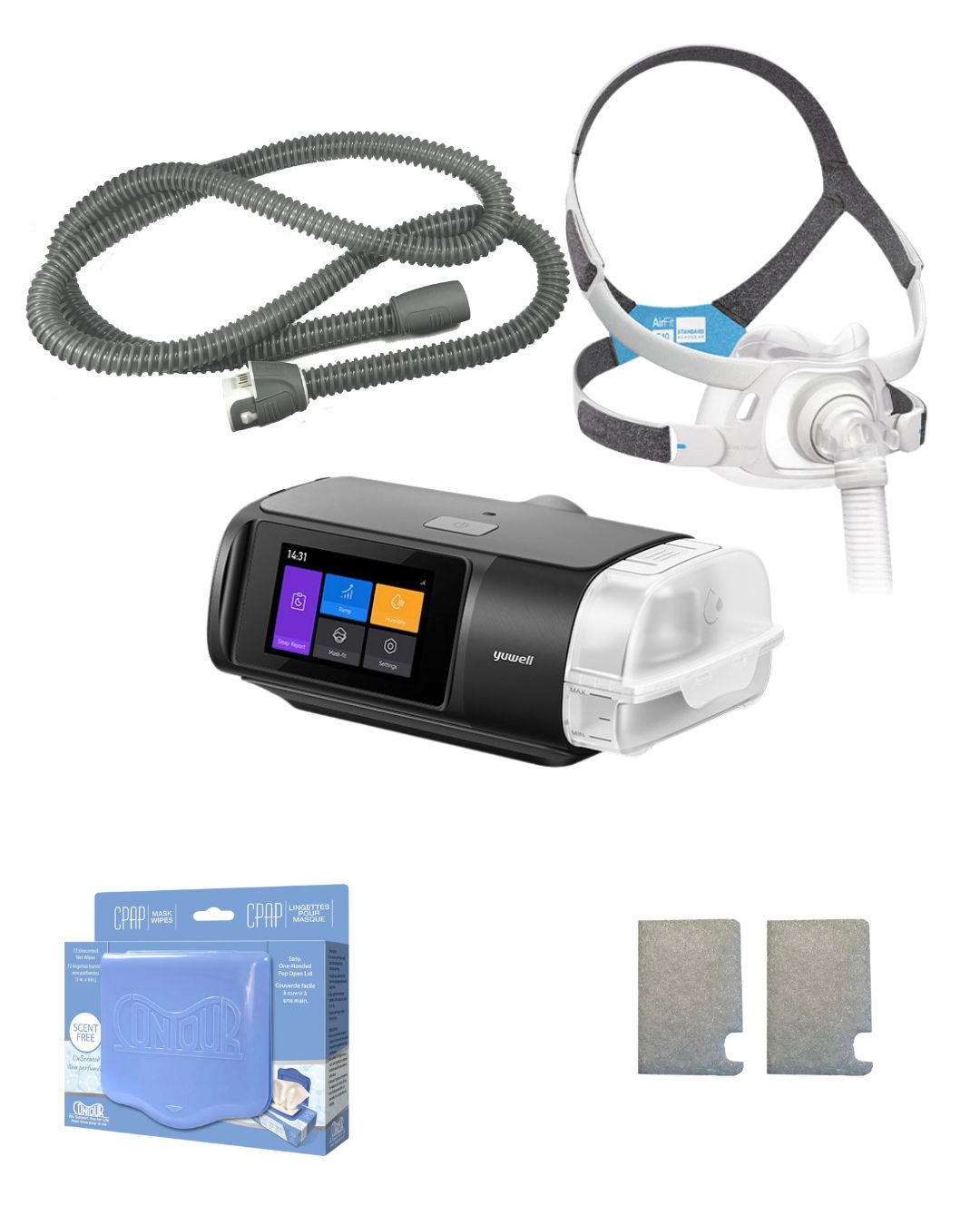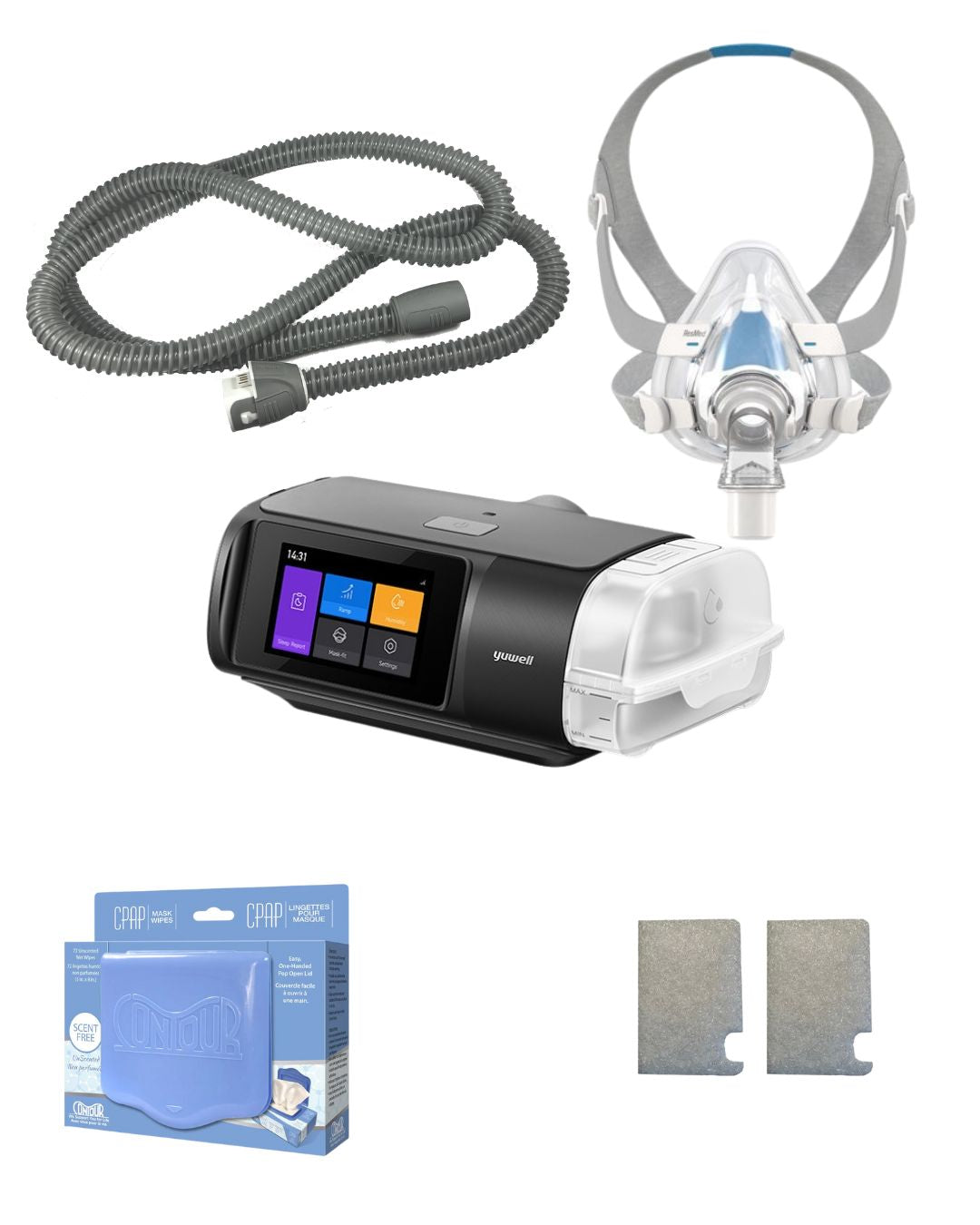5. Sleep Apnea Isn’t the Only Sleep Disrupter
Even if your CPAP is working perfectly, other issues can quietly steal your rest:
- Restless legs
- Insomnia
- Acid reflux
- Pain conditions
- Anxiety or depression
👉 Here’s the thing: chances are, you’re not a medical anomaly. Most of the time, the answer lies in the basics. If we dig into those root causes first, we often find the real culprit. Once you know what’s behind your fatigue, you get to decide: continue down the CPAP path alone, or layer in other changes to truly restore your energy.
Think of it like this: sometimes the reason for knee pain is really an ankle issue. One small imbalance sets off a ripple effect through the whole body. The same goes for sleep.
Inflammatory foods (processed foods, wheat, dairy, cauliflower, tomatoes) may not feel like an obvious trigger, but over time they can lead to systemic issues: global pain, skin flare-ups, reflux, insomnia, and yes—even anxiety or depression. Everything in the body is connected.
Alcohol – Still drinking? No judgment—seriously. But here’s the question: Do we want solutions? There’s no easy button. If better sleep and better health are the goals, it sometimes comes down to how badly we want to get better. Did you know alcohol is a muscle relaxant, therefore worsening apnea. IF there is no treatment and you are consuming alcohol, there would be way more air way collapse than we think!
Reflection: Which of these feels familiar to you—diet, lifestyle, or another health condition? Small changes in these areas can have a surprisingly big payoff when combined with CPAP therapy.








